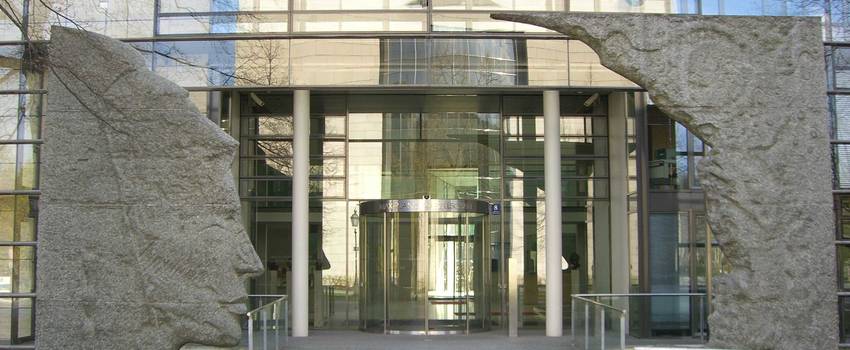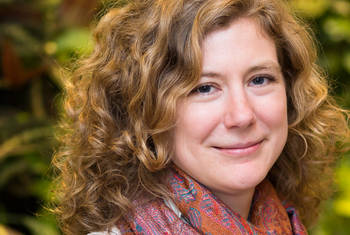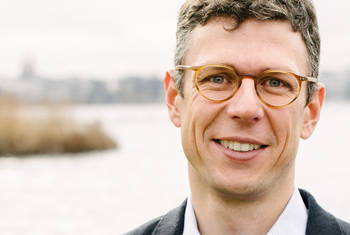Nadjma Yassari How Is the Principle of the Best Interests of the Child Applied in Islamic Family Law?
Nadjma Yassari is Research Fellow at the Max Planck Institute for Comparative and International Private Law where she researches the laws of Muslim jurisdictions. Since 2009, she has been leader of the Max Planck Research Group ‘Changes in God’s Law – An Inner Islamic Comparison of Family and Succession Laws’. Her research focuses on International and Private Law in the Near and Middle East, Iran and Afghanistan.
Area of Research
Law of Islamic Countries, Family and Succession Law, Private International Law
since 2009
Leader of Research Group
Max Planck Institute for Comparative and International Private Law
Research Group “Changes in God's Law - An Inner Islamic Comparison of Family and Succession Laws"
since 2000
Research Fellow
Max Planck Institute for Comparative and International Private Law
2016
Habilitation
Universität Hamburg
2000-2001
Arabic Language Studies
University of Damascus
1999
PhD
University of Innsbruck (Universität Innsbruck)
1997-1998
Master of International Business Law
University of London
School of Oriental and African Studies
1989-1995
Legal Studies
University of Innsbruck (Universität Innsbruck)
University of Vienna, University of Paris
 © Maximilian Dörrbecker
© Maximilian Dörrbecker
Max Planck Society
"The Max Planck Society is Germany's most successful research organization. Since its establishment in 1948, no fewer than 18 Nobel laureates have emerged from the ranks of its scientists, putting it on a par with the best and most prestigious research institutions worldwide. The more than 15,000 publications each year in internationally renowned scientific journals are proof of the outstanding research work conducted at Max Planck Institutes – and many of those articles are among the most-cited publications in the relevant field." (Source)
Institute
Max Planck Institute for Comparative and International Private Law
The Max Planck Institute for Comparative and International Private Law in Hamburg is dedicated to performing foundational research and promoting the transfer of knowledge in the fields of comparative and international private law and business law. By analysing similarities and differences in the legal regimes of Europe as well as other parts of the world, the Institute studies the interaction of private rule-making, national legal systems, supranational law and interstate treaties. The research performed at the Institute also serves to lay the groundwork for an international understanding of law and to help develop rules and legal instruments with which the application of national law can be better coordinated in cross-border matters. This is an academic mission of considerable significance particularly within a united Europe and against the background of increasing globalisation and a corresponding internationalisation of law. (Source)
Map
How do lawgivers define what makes a good parent? NADJMA YASSARI is interested in the impact of the principle of the best interests of the child on custody decisions in the Middle East and countries with common heritage from Islamic family law. As she explains in this video, her research team adopted a comparative inner-Islamic approach. They did not only examine the legal aspects of the question but they also put each country’s laws and rules in a social, historical and cultural context. They discovered that while there was a historical continuity on the use and the application of the principle of best interests in custody rules in pre-modern Islamic law, the legislatures of modern Muslim Nation states introduced and applied that principle to varying degrees in statutory laws and court practice. Their findings enhance the understanding of Islamic concepts of family and custody and might, for instance, help the integration processes of immigrants from Muslim countries to Europe.
LT Video Publication DOI: https://doi.org/10.21036/LTPUB10471
Parental Care and the Best Interests of the Child in Muslim Countries
- Nadjma Yassari, Lena-Maria Möller and Imen Gallala-Arndt
- Published in 2017









